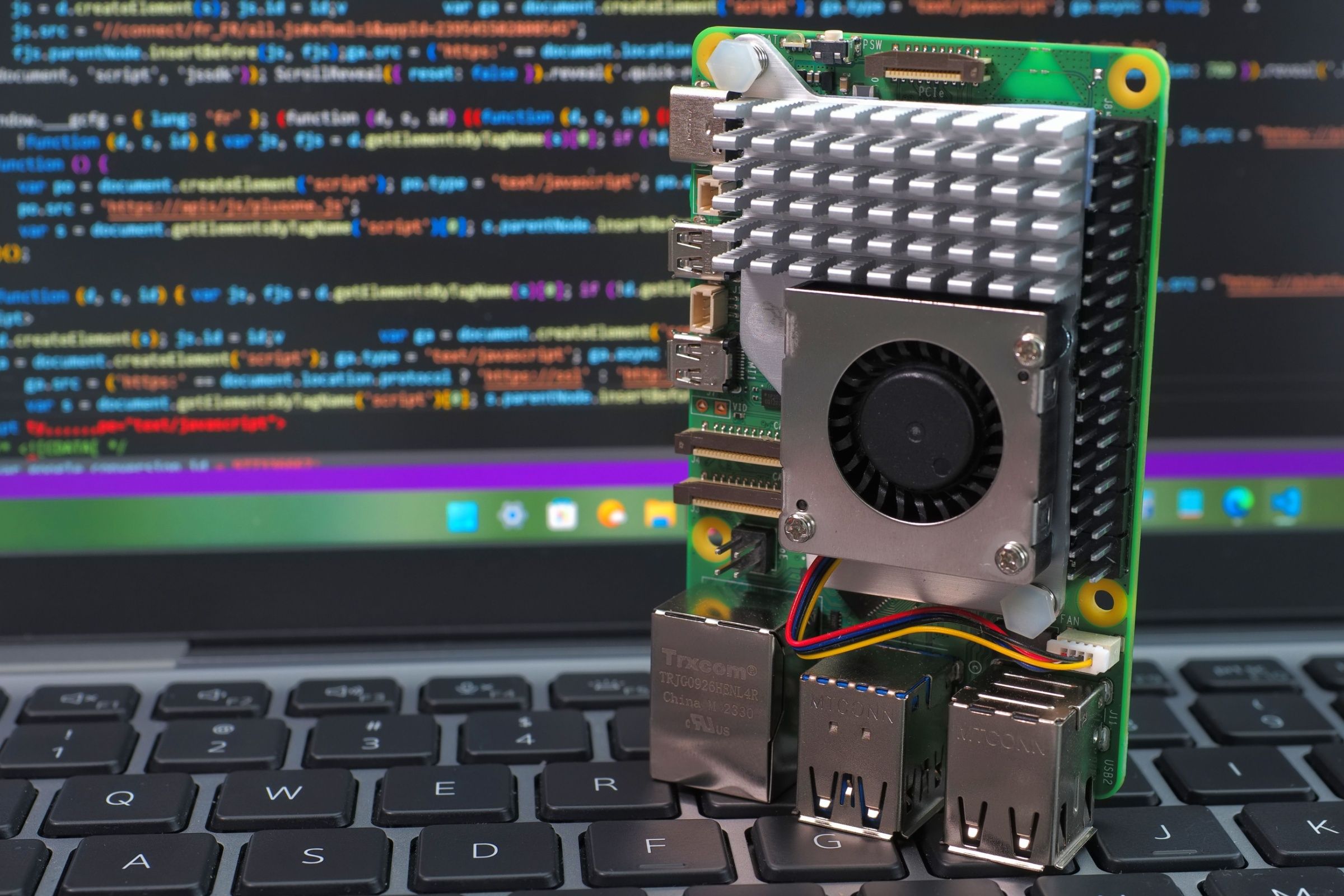Now Reading: Weekend DIY: 3 Creative Raspberry Pi Projects to Explore
-
01
Weekend DIY: 3 Creative Raspberry Pi Projects to Explore
Weekend DIY: 3 Creative Raspberry Pi Projects to Explore

Swift Summary
- Article Overview: The article offers three Raspberry Pi project ideas, reviewing their features and potential applications.
- Home Assistant Hub with Z-Wave Support:
– Expands smart home setups by using a Z-Wave USB stick with Home Assistant software on a Raspberry Pi.
– enables pairing of Z-Wave devices for enhanced compatibility and privacy via its mesh networking capability.
– Example product: Home Assistant Connect ZWA-2 antenna.
- Portable Linux Computer:
– Converts the Raspberry pi into a portable computer by pairing it with Linux distributions, monitors, or touchscreens.- Ideal for work setups or debugging purposes in compact environments.
– Example product: ROADOM 7-inch touchscreen monitor.
- Offline Self-Hosted AI Chatbot:
– Configures the Raspberry Pi 5 (up to 16GB RAM) equipped with AI HAT+ for lightweight AI/ML tasks such as running local large language models like Llama‑2‑7B quantized.- Supports limited hardware-intensive tasks but promotes portable computing even under restricted conditions.
- Additional note: The article emphasizes accessibility of these projects within short timelines for tech enthusiasts, while touching upon supplementary advanced options.
Indian Opinion Analysis
The outlined projects reflect the increasing versatility of affordable single-board computers like Raspberry Pi in democratizing technology applications worldwide. For India-a nation fostering innovation hubs and STEM education-such projects are particularly well-aligned with efforts to cultivate DIY electronics knowledge among young learners and hobbyists.
The integration of smart home systems thru meshes like Z-Wave could also find relevance in urban Indian households as IoT adoption grows steadily in metros; though, market uptake may depend on localized support infrastructure and user awareness. Similarly, budget-pleasant development solutions such as creating portable Linux-based computers hold potential utility across rural regions lacking conventional IT resources.
Lastly, leveraging cost-efficient tools for building offline AI systems could significantly empower decentralized technological exploration in fields ranging from education to agriculture without necessitating constant internet access-an important consideration given India’s infrastructural diversity.
for technocrats and policymakers alike, these project ideas symbolize opportunities not just to advance personal tinkering but also indirectly contribute toward “Make-In-India” objectives by cultivating wider grassroots engagements around emerging technologies.
Read More






















